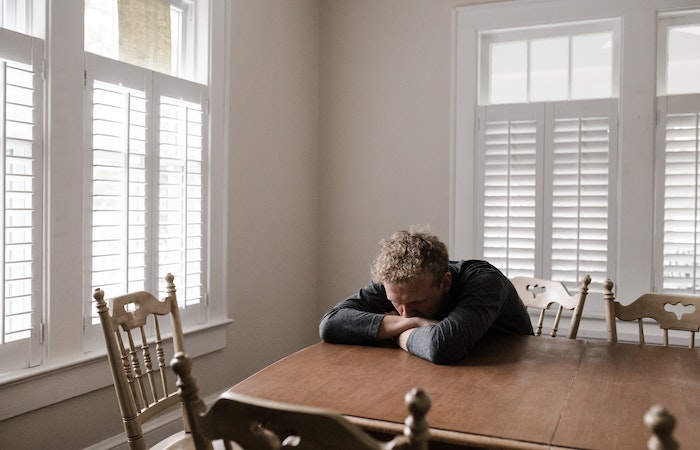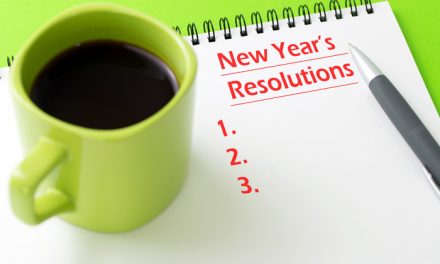Will a 12-Step program work?
When you have a problem and are looking around for solutions, there is really only one significant question you want answered: Will this actually solve my problem?
Or to boil it down to its essence, the real question is: Will this solution work?
And that question might well be on your mind if you are in recovery from a substance use disorder and wondering whether you should get involved with a 12-Step program. It is only natural that you want to be pretty sure such a program will actually work. After all, 12-Step programs like Alcoholics Anonymous require a strong commitment on your part.
There are meetings to attend and (not to put too fine a point on it) all of those steps to learn and make part of your life. You might wonder if it is all worth the bother.
We would argue that it is—especially if participation in a 12-Step program is just one part of your overall approach to maintaining your sobriety.
The Power of a Shared Community
One of the key components of a 12-Step program is the community of people who are all working toward the same goal—staying sober. Attending meetings provides an opportunity to benefit from mutual support and accountability and to learn from one another. Your 12-Step community can offer solace and support when things are tough, and they can celebrate milestones with you.
All of these things can strengthen the foundation you built during treatment for your substance use disorder.
But of course, the foundation is not the whole building.
The Limitations of the Steps
Dr. Lance Dodes, author of The Sober Truth, said something quite sobering to NPR: “Most people can’t deal with their addiction, which is deeply driven, by just being in a brotherhood.”
Dodes is using “brotherhood” to mean the kind of community AA and other 12-Step programs provide. He argues that the success rate of 12-Step programs is somewhere in the neighborhood of 5 to 10 percent—meaning that as many as 95% of people who participate in a 12-Step program end up relapsing.
But there is a key word in what Dodes said to NPR. His argument hinges on the word “just”—as in “just by being in a brotherhood.”
After all, participating in a 12-Step program is not the end-all-be-all of recovery strategies. In fact, studies suggest that 60 percent of 12-Step program attendees who are also seeing a therapist maintain long-term sobriety. That’s a big jump from a 5 or 10 percent success rate.
That said, it is also important to remember that relapse is, in fact, quite common, but it is decidedly not the end of the recovery story.
A Step Backwards but Not the Final Step
A relapse is certainly a step backward when it comes to recovery, but it is not necessarily evidence that your 12-Step program didn’t “work.” After all, recovery is a “one day at a time” process. If your 12-Step community helps you stay sober one day longer than you would have otherwise, we would argue that it “worked.” And that community will be ready to welcome you back once you have returned to treatment to restart your recovery journey.
A Note About Alternatives to the 12-Steps
We would be remiss if we didn’t acknowledge that 12-Step programs are not the right fit for everyone in recovery for any number of reasons. Fortunately, there are many other options. If you look for it, you are likely to be able to find a recovery support program that works well for you.
The First Step Toward Sobriety Is Treatment
All this talk of 12-Step and other recovery programs isn’t terribly helpful if you are currently using drugs or alcohol. Your recovery journey can’t begin until you get sober.
At The Aviary Recovery Center near St. Louis, MO, we can help you do just that. We offer detoxification and rehabilitation services that are grounded in evidence and delivered with a spirit of compassion. We are also equipped to address any co-occurring mental health disorders that may be contributing to (or be worsened by) your substance use disorder. And we provide a continuum of care to ensure you can start your recovery with confidence and with a plan designed to give you the best chance to maintain your hard-won sobriety one day at a time. It is quite likely that the plan will include participating in a 12-Step (or other) recovery program.










